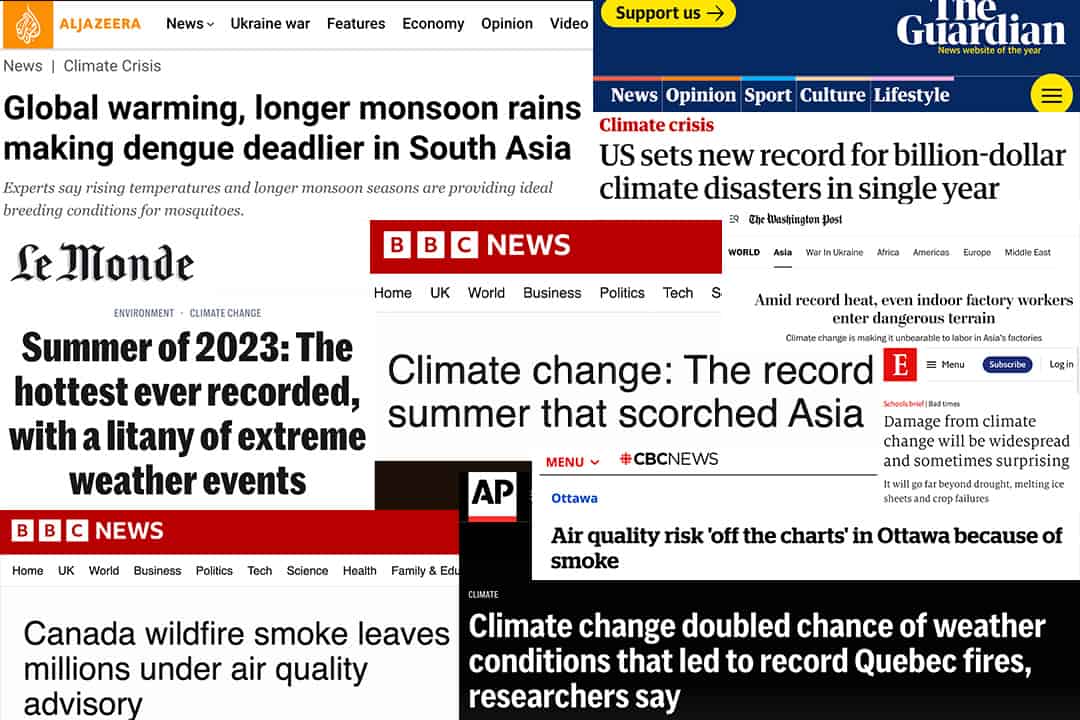Content warning: This article discusses mental health, climate grief, and climate devastation.
Fires, floods, countries continuing to sink under the sea — this summer had it all. When needless destruction, devastation, and loss of life from the climate crisis are met with silence by our political leaders, it is easy for us to lose hope for a better world.
Anxiety, depression, and grief may all strike at different times in our lives. It is important to differentiate between temporary loss of hope or climate grief and anxiety or depression. If you are feeling serious qualms about the future, seek out professional help or talk to someone you trust. I have linked a couple of resources at the bottom of this article.
Loss of hope is common among Gen Z. More people are fearful of the future now than they were in the past, while fewer say this is a world they want to bring children into. I believe there is an antidote to this loss of hope, and I believe it begins by redefining hope. I believe hope is more powerful as a verb than an adjective — a doing word rather than a descriptive one. Hope does not stand alone. Rather, it is a consequence of action.
The fundamental reason for my hope — despite new pipelines being built on Indigenous land, record fossil fuel profits, and new carbon bombs such as the Willow Project being greenlit — is that while there is plenty of loss, there is plenty of action too.
I have seen direct action reduce the climate impact of our immediate communities and established systems, reinvigorate people, and re-establish hope for a better, fairer future without the climate crisis.
Action works. We need not look any further than our own campus for proof. Through the efforts of organizations like Climate Justice UofT and years of work from student activists, faculty, and staff, U of T and the federated colleges have divested from fossil fuel investments and the University of Toronto Students’ Union (UTSU) has distanced itself from RBC, who, in 2022, was the world’s biggest fossil fuel funder. All of these climate wins would have been unthinkable without direct action from students, staff, and faculty.
A couple of weeks ago, I was feeling exhausted from dealing with the climate crisis. While my hope was diminishing, I decided to attend the March to End Fossil Fuels in New York City on September 17. There, I stood with over 75,000 others, crossing Fifth Avenue in one of the biggest cities in the world, while protest songs and chants filled the air and families joined the march. I could not help but be overwhelmed with joy and gratitude for the people around me.
Most importantly, I was hopeful again. This hope for the future grew when, a couple of days later, President Joe Biden announced the American Climate Corps — one policy my friends and I marched for. Action works.
When I feel myself losing hope, I fight harder, I organize more, and I email and meet with decision makers. I protest, march, drop banners, and try to meet others in the climate spaces that inspire me. If you, like others of our generation, are fearful of the tomorrow we may have to live in, I urge you to get involved and discover that you, too, can make a significant and decisive difference.
If you or someone you know is in distress, you can call:
- Canada Suicide Prevention Service phone available 24/7 at 1-833-456-4566
- Good 2 Talk Student Helpline at 1-866-925-5454
- Connex Ontario Mental Health Helpline at 1-866-531-2600
- Gerstein Centre Crisis Line at 416-929-5200
- U of T Health & Wellness Centre at 416-978-8030
Mathis Cleuziou is a third-year student at Innis College studying environmental sciences and political science. He is a member of Climate Justice UofT and Stop Ecocide Toronto.



No comments to display.